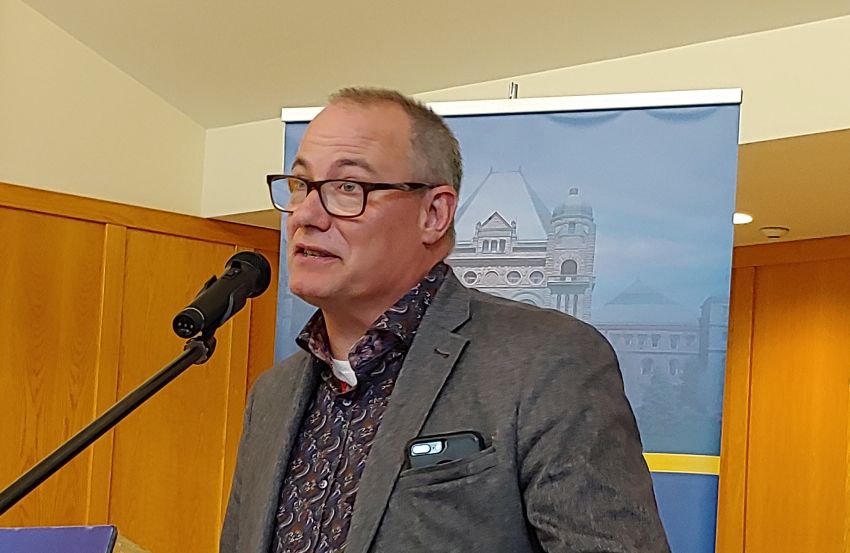“It’s not just about aging, it’s about an impairment, a disease, multiple diseases that are affecting people — and they’re getting younger.”
This from Cassellholme CEO Jamie Lowery, who has said “likely 70-80 per cent,” of the long-term care home’s current residents “have some form of cognitive impairment.” With a population of 240 residents, using Lowery’s figures that’s between 168 and 192 residents experiencing some symptoms.
Although Alzheimer’s seems to get the most attention, he pointed out there are 14 different types of dementia. Lowery said “it is really on the rise. What’s really scary about that is we’re seeing people come to Cassellholme in their 40s.
Perhaps lost in the excitement of the province’s announcement of $55.5 million in funding for the Cassellholme redevelopment is the establishment of two 12-bed dedicated units specializing in the care of dementia patients. The government has also promised $12 million in annual operating funds. Construction is expected to begin next spring.
Lowery expressed a belief that the philosophy surrounding care must be shifted. “There are other options that are more appropriate than long-term care,” including “working with local retirement homes.”
As an example, a patient in an Ontario hospital who does not require acute or complex continuing care, nor mental health or rehabilitation services, must be designated as “Alternative Level of Care” (ALC) by a physician.
“The hospital currently has some patients that are ALC, they are living at the Empire. We’re actually seeing their health getting better. They are more vibrant, their quality of life has increased immensely,” said Lowery.
The use of long-term care beds for patients with appropriate needs has long been espoused as a solution to cutting waitlists and, according to the promise by the Ford government, ending hallway healthcare.
Lowery summed up with, “The future of long-term care is medically-complicated, complex residents, because prior to that, there are many, many more options for them available.”




